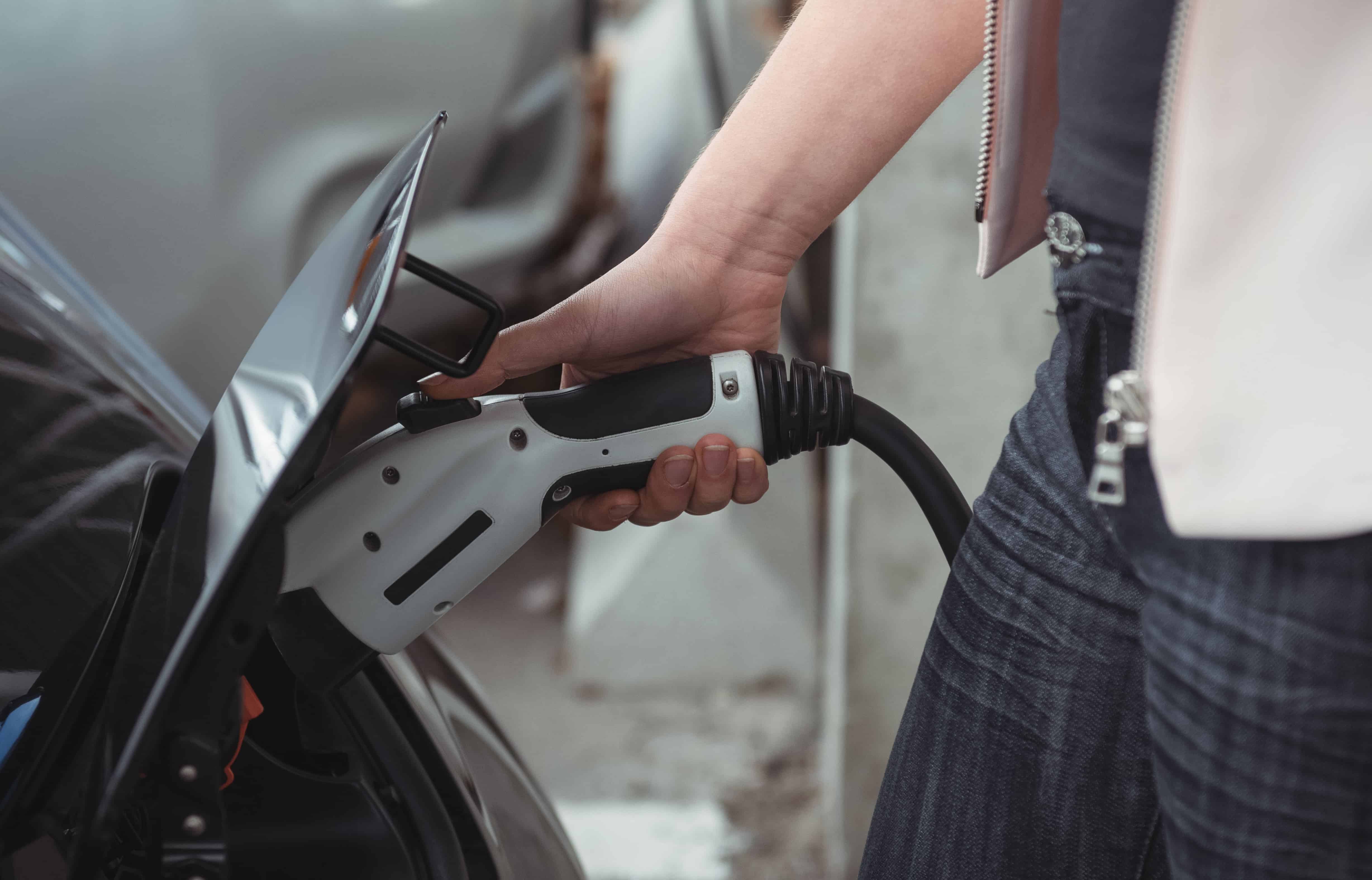How Often Do I Need to Charge My EV?
Understanding the charging rhythm to optimise EV usage for a seamless electric driving experience.
"How often do I need to charge my EV?" is a common question among electric vehicle (EV) owners and those considering making the switch to electric mobility. The frequency of charging your EV depends on several factors, including your driving habits, the range of your vehicle, and the availability of charging infrastructure.

1. Daily Commuting:
If your daily commute falls within the range of your EV, you may only need to charge your vehicle once every one or two days. Many modern EVs offer ranges that can cover typical daily driving needs, making them convenient for daily use.
2. Range of Your EV:
The range of your EV plays a significant role in determining how often you need to charge. Longer-range EVs can go more distance between charges, reducing the frequency of charging stops.
3. Charging Infrastructure:
The availability of charging infrastructure also influences charging frequency. If you have easy access to charging stations at home or work, you can charge your EV more frequently and conveniently.
4. Fast Charging:
Some EVs support fast charging, which can significantly reduce the time it takes to charge your vehicle. If you have access to fast chargers, you might top up your EV more frequently without long waiting times.
5. Battery State of Charge:
You can choose to charge your EV when the battery is partially depleted or close to empty, or you can "top up" more frequently, keeping the battery at a higher state of charge. This decision depends on your preferences and needs.
6. Long-Distance Travel:
If you're planning a long-distance trip, you may need to charge your EV more often to cover the extended range. It's important to plan your route and charging stops in advance for a smooth journey.
7. Regenerative Braking:
Some EVs have regenerative braking systems that recharge the battery while driving, especially during braking. This can extend the range and reduce the need for frequent charges.
8. Home Charging:
If you have the convenience of home charging, you can plug in your EV every night or as needed, ensuring it's always ready for your daily activities.
9. Public Charging:
For those without home charging, public charging stations can be a primary source of power. Then, your charging frequency will depend on how often you visit these stations.
In conclusion, the frequency of charging your EV is a flexible and adaptable aspect of electric vehicle ownership. It largely depends on your unique circumstances, driving habits, and access to charging infrastructure. With today's advancements in EV technology and charging infrastructure, many EV owners find that charging is a convenient and efficient part of their daily routine, and concerns about running out of power are often less frequent than anticipated. Ultimately, the convenience and cost savings associated with EVs can make the need for charging a minor inconvenience for most owners.
